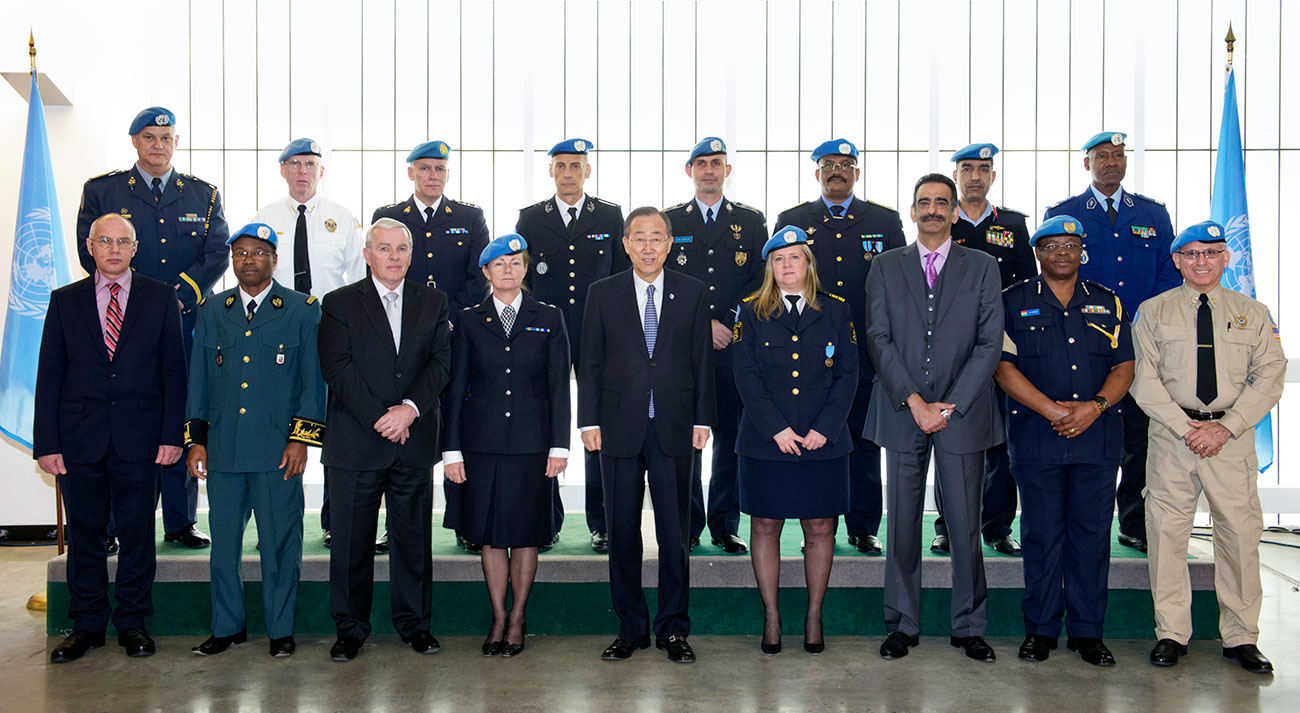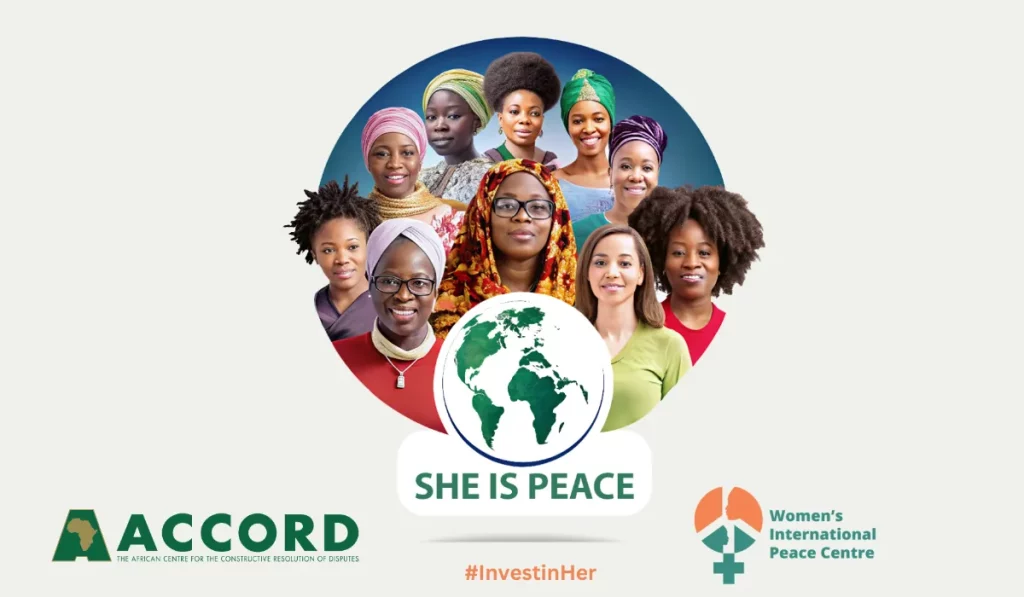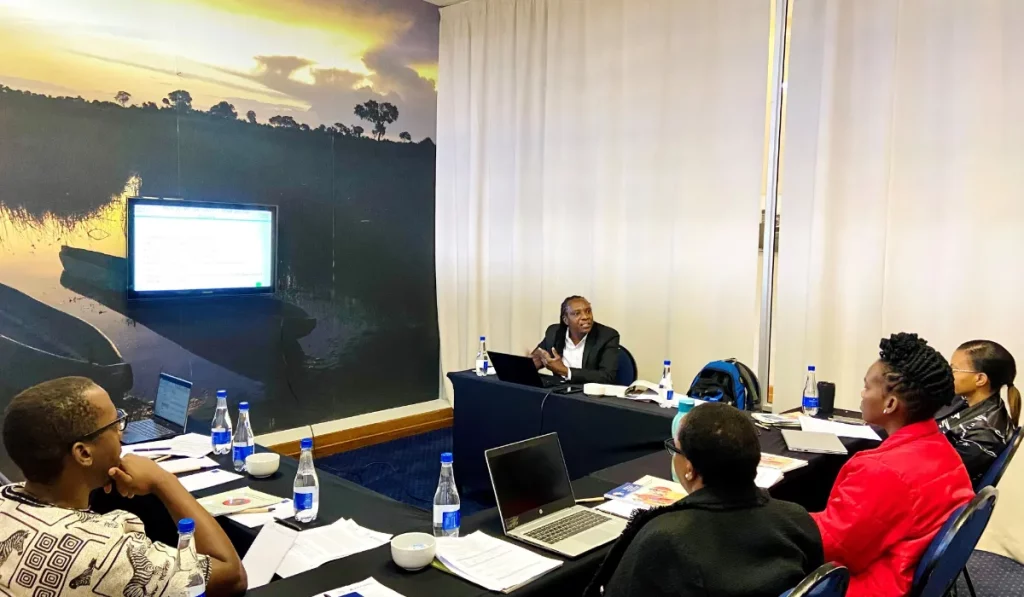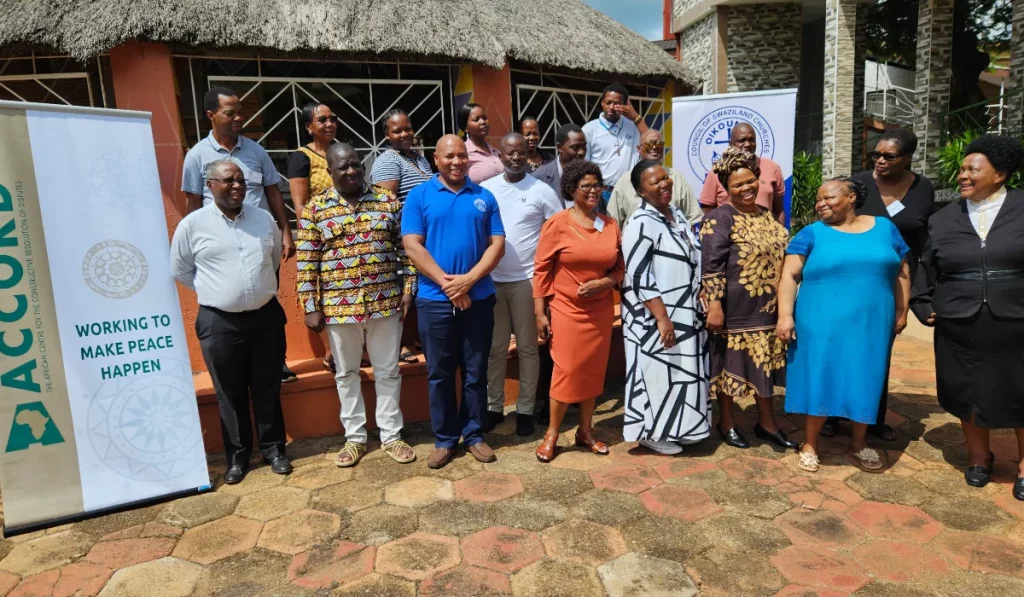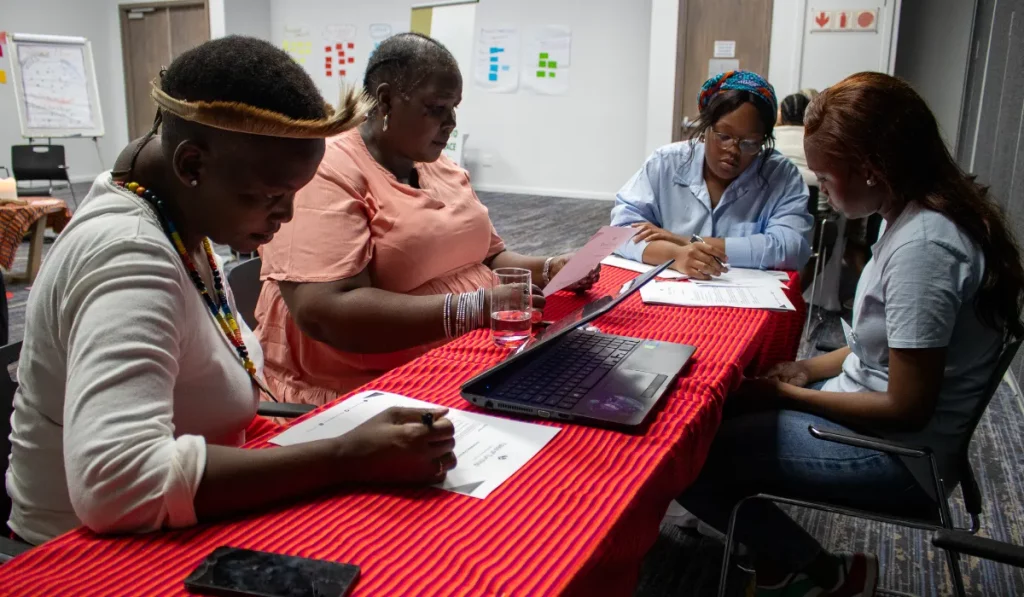The Training for Peace Programme at ACCORD (TfP/ACCORD) participated in the Exercise AMANI Africa II Pre deployment Courses. This participation contributes to the adequate preparation of the civilians, police and military officers from Southern Africa Development Community (SADC) region who will take part in the Continental Field Training Exercise (FTX).
The Exercise AMANI Africa II scheduled to take place in the SADC Region (Kingdom of Lesotho) in October 2014 is aimed at testing the operational readiness and capability of the Africa Standby Force (ASF) ahead of the Full Operation Capability in 2015. TfP/ACCORD’s strategic goal aims to strengthen the African Union’s capacity and capability to plan, manage and implement peace support operations on the continent through support to the development of the ASF – Africa’s future peace operations standby capacity.
TfP/ACCORD was invited by the SADC Regional Peacekeeping Training Centre (SADC RPTC) to facilitate sessions on mediation, negotiation and gender in peace support operations in two different Exercise AMANI Africa II Pre deployment Courses. One course took place in Maseru, Lesotho from 23 June – 4 July, 2014. The course capacity was fifty (50) targeting the Police, Civilians, Military and Corrections/Prisons officers drawn from the SADC member states. The second course took place in Mauritius from 28 July – 8 August 2014 with a course capacity of forty (40) participants targeting only senior police officers from Mauritius and other SADC Member States.
The courses strengthened the understanding of the civilians and officers on various thematic areas under peacekeeping, peacebuilding and conflict management processes. The participants were taken through the theoretical aspects and the practical aspects of the Exercise using the Carana Scenario as a reference point. The sessions further reinforced the participants’ understanding of the stages of conflict and how to situate their role in peace support operations and in the context of mediation and negotiation processes. The training also provided the opportunity to learn the range of negotiation and mediation approaches through case studies that encompassed negotiation and mediation scenario. The courses also strengthened the understanding of the civilians and officers on sexual and gender based violence as well as other related issues in conflict situations.
TfP/ACCORD in collaboration with the African Regional Training Centres of Excellence (COEs) and national peacekeeping training centres through trainings, seeks to increase the understanding of the civilian and multi-dimensional aspects of peace operations. This training support fosters awareness raising and generates necessary support for the civilian and multi-dimensional aspects of peace operations among Member States and Regional Economic Communities (RECs)/Regional Mechanisms (RMs) representatives.
This initiative is in line with the TfP Programme’s strategic goal for improved and sustainable capacity for peace operations on the continent, through ensuring that functional organisational systems including the COEs in Africa as well as the RECs. This engagement is linked to the programme’s thematic focus on training support to contribute to increased participation on peacekeepers in peace and security.
The Training for Peace Programme at ACCORD is an initiative funded by the Norwegian Ministry of Foreign Affairs.

